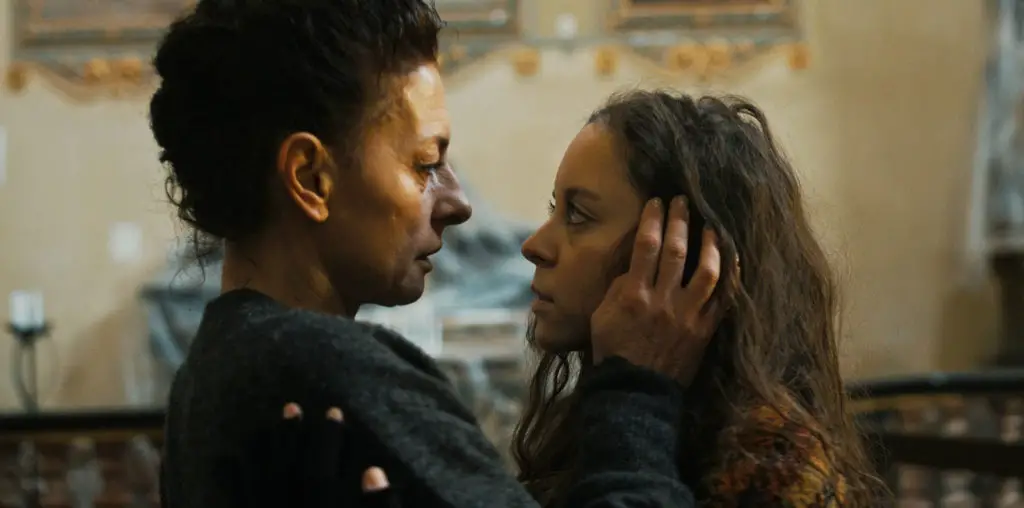
Many doctors start their careers with the good intentions of someday offering their medical services to people in underprivileged or war torn countries. I know, because before going into my illustrious film studies career, I was a bright-eyed pre-med student ready to take on the world’s problems. The Doctors Without Borders program stationed in Paris gets hundreds of applications for their romantic-sounding volunteer program, but only take a very small percentage. Because, it turns out, practicing medicine with machine guns in your face, a shortage of supplies, and diseases you’ve never even heard of is…hard!
The documentary “Living in Emergency: Stories of Doctors Without Borders” explores the wonderful work that the doctors who actually are cut out to make this kind of commitment are doing in Liberia and the Congo. The film covers the miracles doctors work and how much they can offer to the communities. But more interestingly, the film dwells on how the doctors actually feel about this process, their take on the Doctors Without Borders program, the frustrations they have with the people in the community, and the heartbreaking process of closing down a clinic.
Not all of the doctors have the rosiest outlook on the program. One young man – looking years beyond his actual age of 28 – is an inexperienced doctor stuck in a remote village in the Congo. Due to floods and war, he has been cut off from the program and, essentially, forgotten. We watch as a guy with the best of intentions slowly turns into a cranky, frustrated, old man (and deservedly so).
Here is a subject that would be easy to look at through an entirely optimistic lens. The work they are doing is incredible and the program deserves all the praise a documentary could give it. However, it makes for a much more interesting film when “Living in Emergency” dives into the potential problems with such a highly praised program and the doctors involved with it. Clearly, something like this could destroy a person – which is partially why Doctors Without Borders has an extensive screening process and only takes a small percentage of volunteers – and this film documents how that might happen.
I was immensely impressed by the maturity of a film like this – one that isn’t after our charity dollars and isn’t looking to make heroes of regular humans. But, because of the attention paid to the actual people involved, their troubles and hardships, I think “Living in Emergency” will be successful in both fundraising and creating heroes, as well as just being a really great film.

